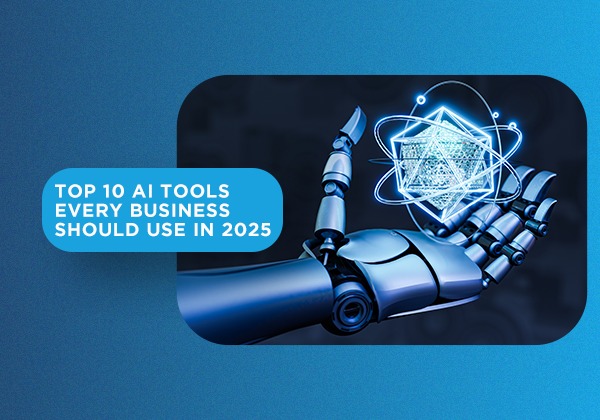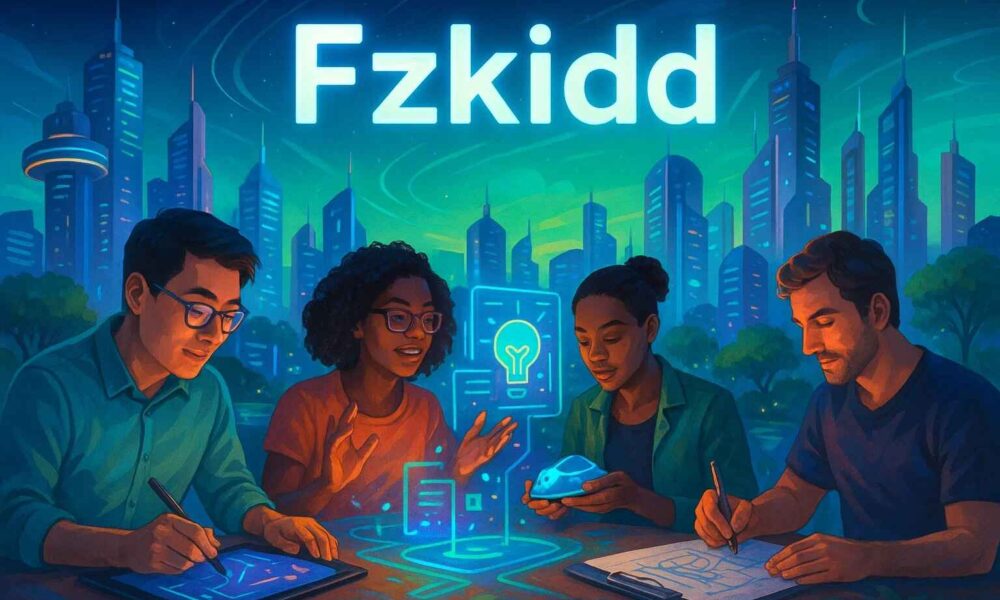In the digital age, new terms like “dihward” are shaping how we approach technology, cities, and society. But what exactly is dihward? Far beyond a buzzword, dihward is a framework and mindset rooted in ethical growth, collaboration, and adaptability, designed to help individuals, businesses, and cities navigate rapid change while prioritizing integrity and inclusivity.
What Is Dihward?
The term “dihward” has two primary origin stories:
- In urban ethics, “dih-” (from dialectic) combined with “-ward” (direction) symbolizes forward movement through ethical dialogue in city planning.
- In technology, it is seen as a fusion of digital and forward, indicating a progressive, innovative approach to using technology responsibly.
In both contexts, dihward is about intentional, ethical progress that ensures growth benefits communities, protects culture, and embraces technology without sacrificing humanity.
Why Dihward Matters
Whether applied to city frameworks or digital transformation:
- Ethics matter in building trust, preserving community identity, and ensuring sustainability.
- Collaboration is vital for addressing challenges collectively and fostering resilience.
- Adaptability keeps systems and societies relevant in rapidly changing environments.
Dihward challenges us to rethink how we grow, who benefits, and what values guide progress.
Core Values and Principles of Dihward
Dihward is built upon these core principles:
- Innovation: Encouraging fresh ideas that break traditional barriers.
- Collaboration: Fostering teamwork across diverse backgrounds.
- Adaptability: Navigating rapid changes with flexibility.
- Ethical Responsibility: Prioritizing transparency, inclusivity, and societal impact.
- Community Engagement: Ensuring decisions reflect collective voices, not just top-down directives.
Applications of Dihward
In cities:
- Ethical zoning policies to prevent displacement
- Community-led planning to preserve cultural identity while modernizing
- Smart city technologies implemented transparently to protect privacy
In business and technology:
- Agile frameworks that encourage cross-functional teamwork
- Open-source projects leveraging global collaboration for rapid innovation
- Sustainable practices ensuring technological progress aligns with social good
In education:
- Personalized learning using adaptive technologies while protecting student data
- Community-driven curriculum development to meet diverse local needs
The Impact of Dihward
In technology, dihward drives ethical innovation, fosters open collaboration, and encourages solutions with societal benefits.
In business, it enhances agility, nurtures inclusive workplaces, and builds trust with stakeholders.
In communities, it strengthens the social fabric, empowers marginalized voices, and promotes equitable growth.
By embracing dihward, organizations and cities position themselves for sustainable, people-centered progress.
Overcoming Challenges and Misconceptions
Despite its promise, dihward faces challenges and misconceptions:
Misconception: Dihward is only for technology or large cities.
Reality: Dihward principles apply to small businesses, local governments, and individuals seeking ethical adaptability.
Misconception: Dihward requires significant resources.
Reality: Dihward is about mindset, curiosity, openness, and a commitment to inclusive progress, not just budgets.
Challenge: Resistance from bureaucratic systems or profit-driven stakeholders.
Approach: Continuous dialogue, transparent processes, and community-driven advocacy help overcome these barriers.
Future Possibilities of Dihward
As the world faces challenges from AI to climate change, dihward offers a moral compass for progress. It can guide:
- Ethical AI integration in public and private sectors
- Global collaboration on sustainability and climate initiatives
- Building resilient communities prepared for technological and economic shifts
Aligning technological growth with human values, dihward ensures progress does not come at the cost of people or the planet.
How to Develop a Dihward Mindset
- Stay curious about emerging technologies and societal issues.
- Embrace flexibility and be open to new perspectives.
- Reflect on the broader impacts of decisions to ensure ethical alignment.
- Engage with communities to seek collective solutions.
- Champion inclusivity to ensure all voices are included in conversations.
Final Thoughts: Why Dihward Is Essential Now
Dihward is more than a concept; it is a call to action for individuals, businesses, and cities to evolve ethically while embracing innovation. It empowers us to shape a future that values people, equity, and sustainability alongside technological progress.
As the world changes, dihward offers a framework for building, innovating, and living with ethical integrity and collaborative spirit.
Frequently Asked Questions (FAQs)
What is dihward?
Dihward is a framework and mindset promoting ethical progress through innovation, collaboration, and adaptability in technology, cities, and society.
Is dihward only for technology and large cities?
No, dihward principles can be applied by small towns, local governments, small businesses, and individuals aiming for ethical, adaptive growth.
Does dihward require large investments?
No, adopting dihward is about mindset, openness to collaboration, and ethical reflection, not necessarily financial investment.
How does dihward differ from traditional approaches?
Dihward prioritizes ethical, inclusive decision-making and community engagement over profit-driven or efficiency-focused models.
Which sectors benefit from dihward?
Technology, business, education, urban planning, and community development benefit from dihward’s ethical, collaborative approach to progress.





